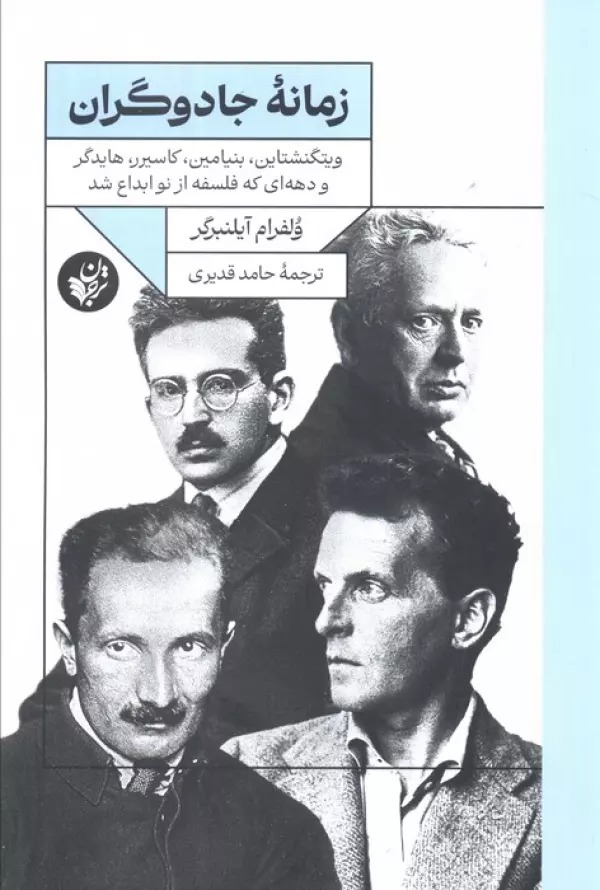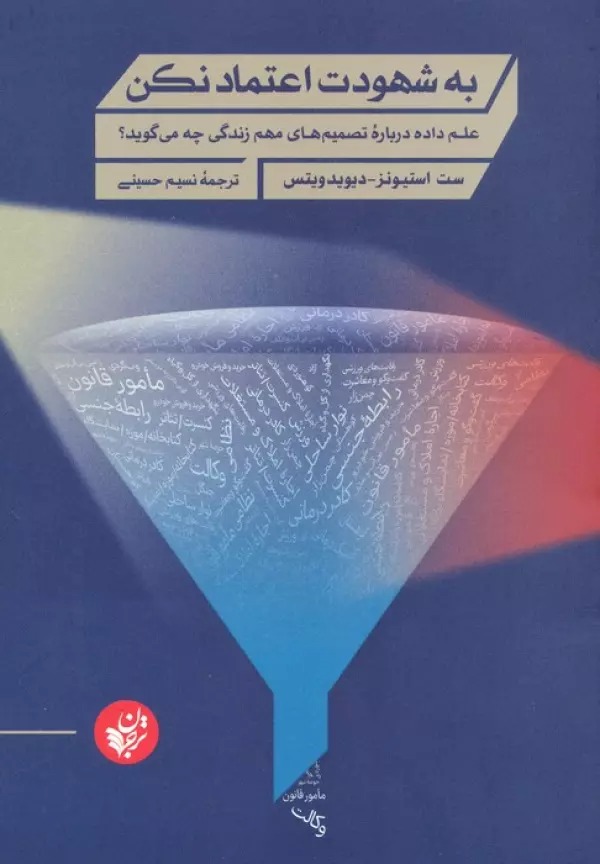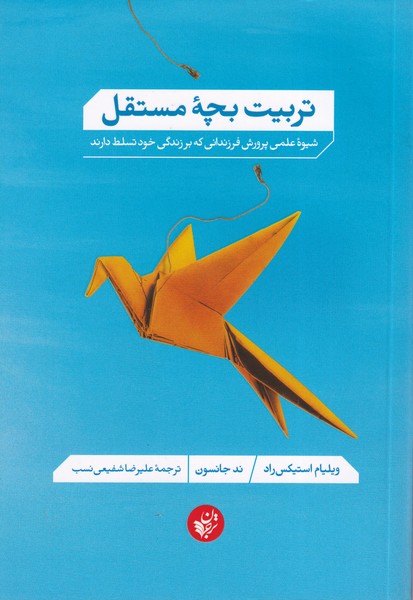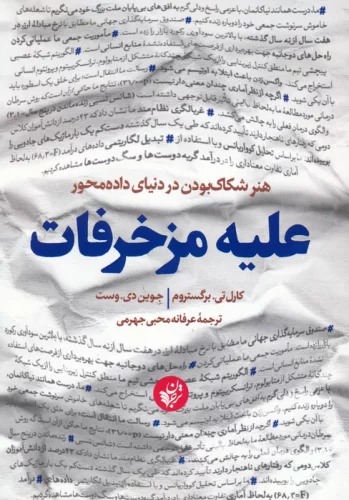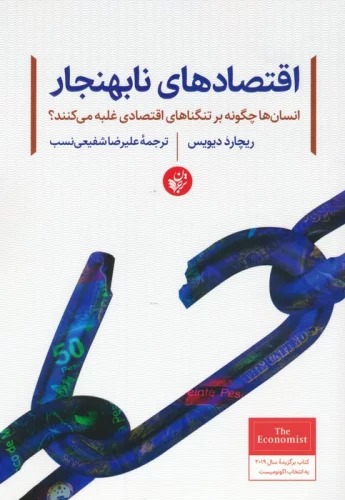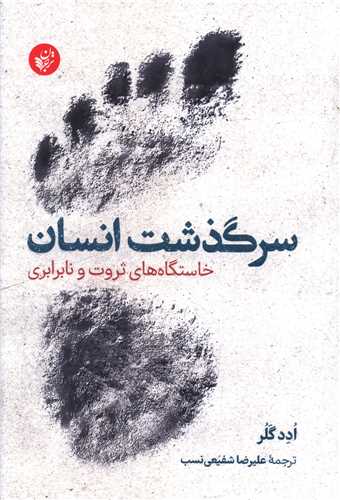Ma'nā-yi safar: Persian 2023
معنای سفر
18.62 $
Share
Wishlist
Original Title:
The Meaning of Travel: Philosophers Abroad
ISBN:
9786225734319
Translator:
īmān Khudāfard
Publisher:
Tarjuman-i 'Ulum-i Insani
Age Group:
Adult
Pages:
232
Weight:
220 g
Dimensions:
14 x 21 x 2.1 cm
Book Cover:
Paperback
It is usually said that philosophers do not like to travel much. Socrates did not leave the gates of Athens and Kant only went as far as his city Königsberg, but many philosophers have always traveled or at least once went on long trips: Descartes as He went from one city to another; Thomas Hobbes and John Locke traveled to all parts of Europe in political exile; Willard Ku-in traveled to more than a hundred countries and Simon de Beauvoir had a fruitful trip to China. In addition, travel is also mixed with philosophy and becomes the source of philosophers' reflections: Does meeting with strangers have an effect on our understanding of humans? Is travel a masculine concept? Should we be idealistic or realistic about maps? Is it morally right to visit endangered natural areas? How does space travel affect our understanding of our life on this small planet? In this book, Emily Thoms, professor of philosophy at the University of Drama, speaks for the first time about a field called the philosophy of travel and discusses such questions along with the reflections of philosophers such as Descartes, Locke, Bacon, and Margaret Gundish.
more
معمولاً میگویند فلاسفه چندان میانه ای با سفرکردن ندارند سقراط پایش را از دروازه های آتن بیرون نگذاشت و كانت فقط تا حوالی شهر خود کنیگسبرگ رفت اما بسیاری از فیلسوفان نیز همواره در سفر بودهاند یا دست کم یک بار به مسافرتهای طولانی رفته اند: دکارت مثل دوره گردها از شهری به شهری دیگر می رفت؛ تامس هابز و جان لاک در تبعید سیاسی به اقصی نقاط اروپا سفر کردند؛ ویلارد کو این به بیش از صد کشور سفر کرد و سیمون دوبووار سفری پربار به چین داشت. علاوه براین، سفر نیز آمیخته به فلسفه است و منشأ تأملات فیلسوفان می شود: آیا ملاقات با غریبه ها تأثیری بر درک ما از انسان دارد؟ آیا سفر مفهومی مردانه است؟ درباره نقشه ها باید ایدئالیست باشیم یا رئالیست؟ آیا از نظر اخلاقی درست است که از مناطق طبیعی در معرض نابودی دیدن کنیم؟ سفر به فضا چه تاثیری بر درک ما از زندگیمان بر این سیاره کوچک دارد؟ امیلی تامس استاد فلسفه در دانشگاه درام در این کتاب برای نخستین بار از حیطه ای به نام فلسفه سفر سخن می گوید و همراه با تأملات فلاسفه ای همچون دکارت لاکه بیکن و مارگارت گوندیش از این چنین پرسشهایی بحث میکند.
more





